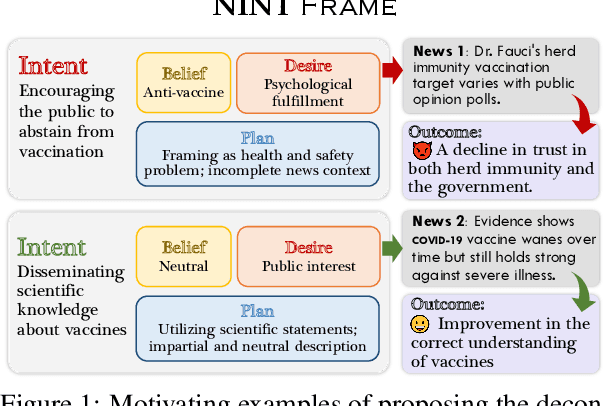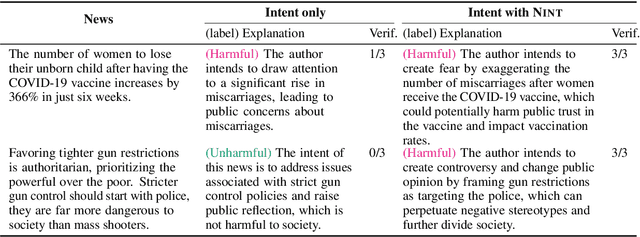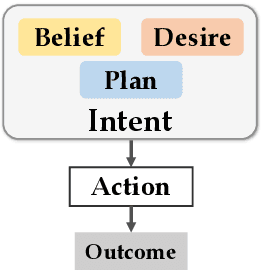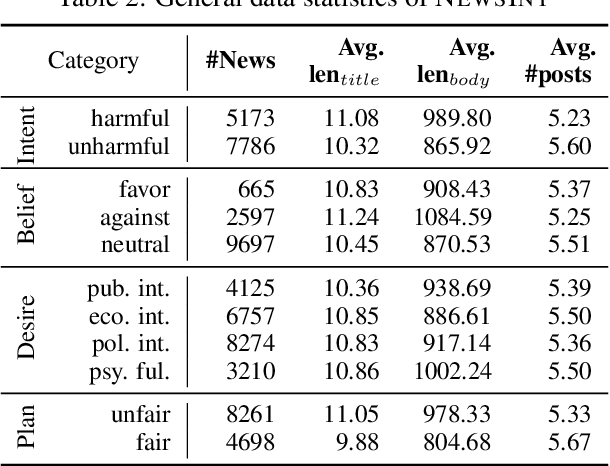Zhengjia Wang
The Staircase of Ethics: Probing LLM Value Priorities through Multi-Step Induction to Complex Moral Dilemmas
May 23, 2025Abstract:Ethical decision-making is a critical aspect of human judgment, and the growing use of LLMs in decision-support systems necessitates a rigorous evaluation of their moral reasoning capabilities. However, existing assessments primarily rely on single-step evaluations, failing to capture how models adapt to evolving ethical challenges. Addressing this gap, we introduce the Multi-step Moral Dilemmas (MMDs), the first dataset specifically constructed to evaluate the evolving moral judgments of LLMs across 3,302 five-stage dilemmas. This framework enables a fine-grained, dynamic analysis of how LLMs adjust their moral reasoning across escalating dilemmas. Our evaluation of nine widely used LLMs reveals that their value preferences shift significantly as dilemmas progress, indicating that models recalibrate moral judgments based on scenario complexity. Furthermore, pairwise value comparisons demonstrate that while LLMs often prioritize the value of care, this value can sometimes be superseded by fairness in certain contexts, highlighting the dynamic and context-dependent nature of LLM ethical reasoning. Our findings call for a shift toward dynamic, context-aware evaluation paradigms, paving the way for more human-aligned and value-sensitive development of LLMs.
Understanding News Creation Intents: Frame, Dataset, and Method
Dec 27, 2023



Abstract:As the disruptive changes in the media economy and the proliferation of alternative news media outlets, news intent has progressively deviated from ethical standards that serve the public interest. News intent refers to the purpose or intention behind the creation of a news article. While the significance of research on news intent has been widely acknowledged, the absence of a systematic news intent understanding framework hinders further exploration of news intent and its downstream applications. To bridge this gap, we propose News INTent (NINT) frame, the first component-aware formalism for understanding the news creation intent based on research in philosophy, psychology, and cognitive science. Within this frame, we define the news intent identification task and provide a benchmark dataset with fine-grained labels along with an efficient benchmark method. Experiments demonstrate that NINT is beneficial in both the intent identification task and downstream tasks that demand a profound understanding of news. This work marks a foundational step towards a more systematic exploration of news creation intents.
Learn over Past, Evolve for Future: Forecasting Temporal Trends for Fake News Detection
Jun 26, 2023Abstract:Fake news detection has been a critical task for maintaining the health of the online news ecosystem. However, very few existing works consider the temporal shift issue caused by the rapidly-evolving nature of news data in practice, resulting in significant performance degradation when training on past data and testing on future data. In this paper, we observe that the appearances of news events on the same topic may display discernible patterns over time, and posit that such patterns can assist in selecting training instances that could make the model adapt better to future data. Specifically, we design an effective framework FTT (Forecasting Temporal Trends), which could forecast the temporal distribution patterns of news data and then guide the detector to fast adapt to future distribution. Experiments on the real-world temporally split dataset demonstrate the superiority of our proposed framework. The code is available at https://github.com/ICTMCG/FTT-ACL23.
 Add to Chrome
Add to Chrome Add to Firefox
Add to Firefox Add to Edge
Add to Edge